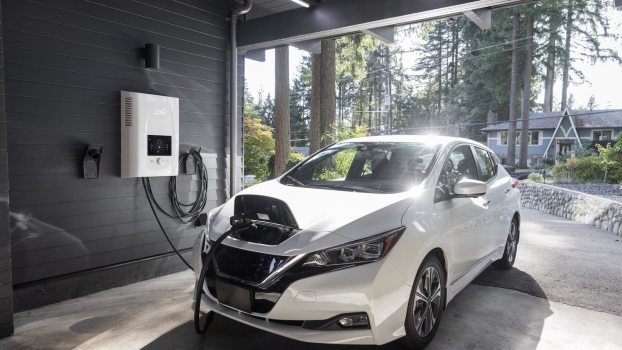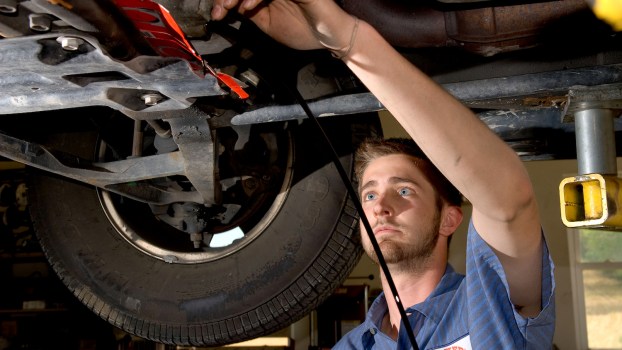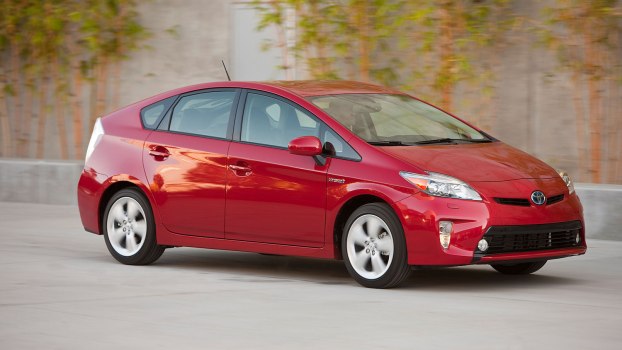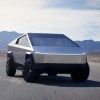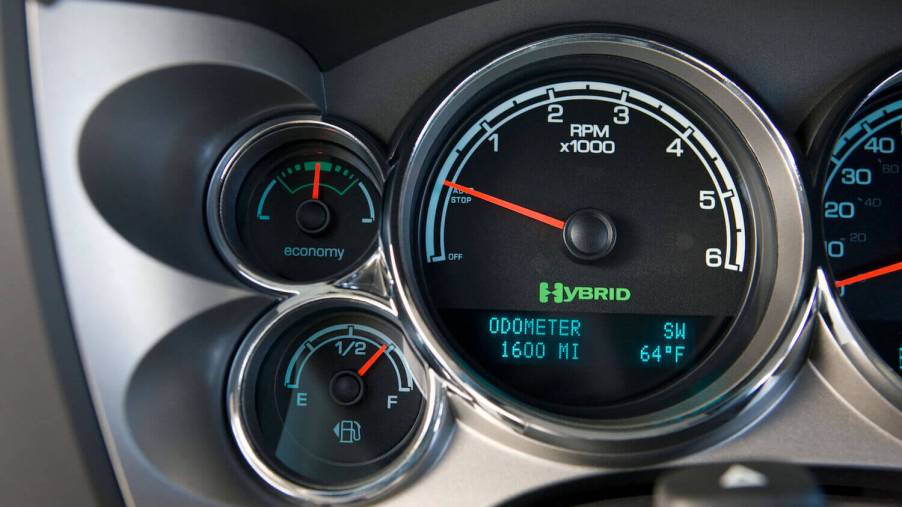
You’re Wrong: Hybrids Are More Reliable Than Regular Cars and Here’s Why
Common sense would suggest that a more complicated vehicle will prove less reliable. But in the latest reliability rankings–based on data collected from real vehicle owners–hybrid cars trounced every vehicle with a traditional engine. The secret to the reliability of the latest hybrid cars may come down to how their electric motors and traditional engines complement one another.
How reliable is a hybrid car?
According to the latest Consumer Reports reliability survey, hybrid cars outrank every other vehicle segment. Hybrid SUVs come in third. Plug-in hybrids and fully electric vehicles have a ways to go when it comes to reliability.
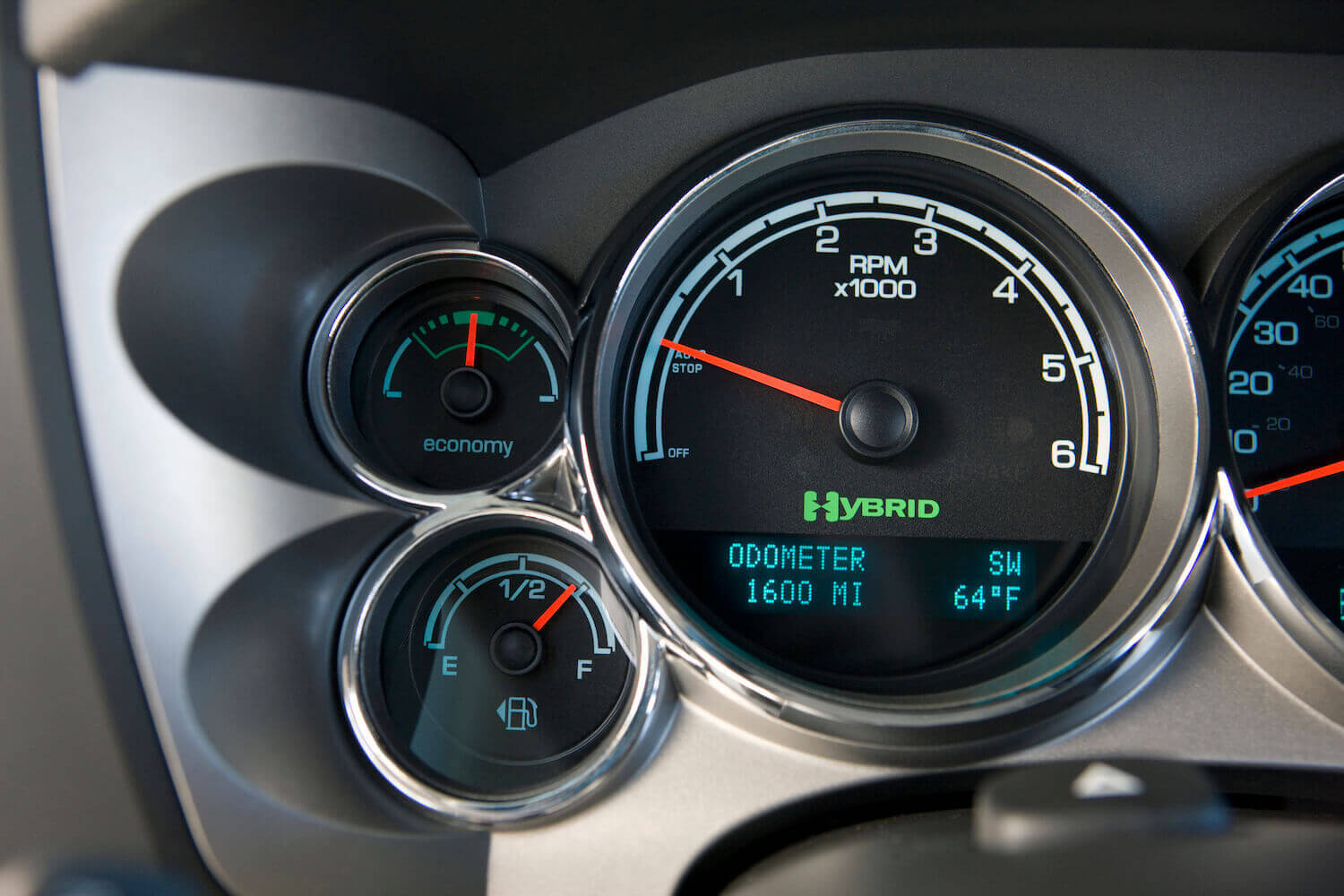
How can a complex hybrid car possibly be more reliable than a traditional car? A hybrid has at least one electric motor/generator that saves fuel through regenerative braking. When you slow the car, this electric unit creates drag and recharges its high-voltage battery. Then when you accelerate, it uses this stored electricity to launch the car. The internal combustion motor takes back over at higher speeds.
A hybrid car’s electric drivetrain takes on enough of acceleration and braking to reduce the wear on the internal combustion engine and regular hydraulic brakes. This increases the vehicle’s reliability and decreases its maintenance costs. A hybrid’s electric motor/generator has so few moving parts that it will probably never need maintenance.
What is the lifespan of a hybrid car?
A hybrid will cost less to maintain and drive than a traditional car–for its first 100,000 miles. At some point, replacing its battery will be a costly procedure. But once done, there’s no reason a hybrid won’t be reliable for another 100,000+ miles.
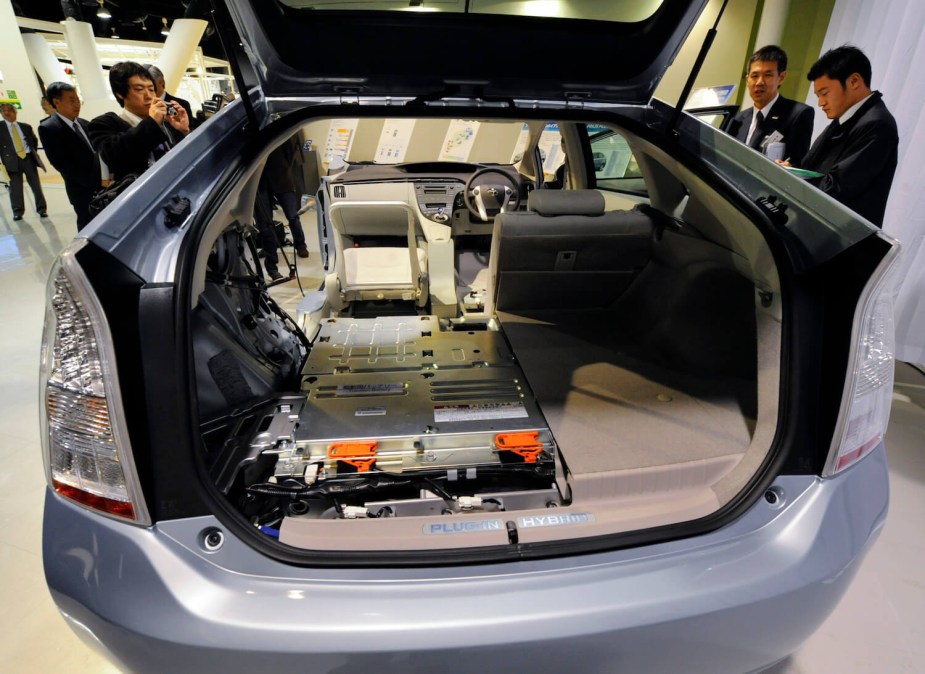
A hybrid’s gasoline engine and brakes will need less maintenance than a traditional car’s. The hybrid’s reliable electric motor/generator will probably outlast every other drivetrain component. While a gasoline engine has 2,000+ moving parts, an electric motor effectively has one moving part. Modern electric engines rarely need service.
The high voltage “traction” battery that drove the electric motor in early hybrids needed replacement early. But a modern hybrid’s battery will probably last 100,000-150,000 miles.
How much will a hybrid battery cost to replace? Generally, you’re looking at $137/kWh. So a second-generation Toyota Prius with an 8.8 kWh traction battery costs around $1,205. There are more aftermarket battery options for more common models. The higher kWh batteries in Hybrid SUVs and PHEVs will cost more.
Are Toyota hybrids reliable?
The hybrids built by Toyota (and Lexus) are some of the most reliable vehicles on the road. Toyota’s older hybrids are some of the most reliable used vehicles. The automaker’s latest hybrids are earning even higher predicted reliability scores.
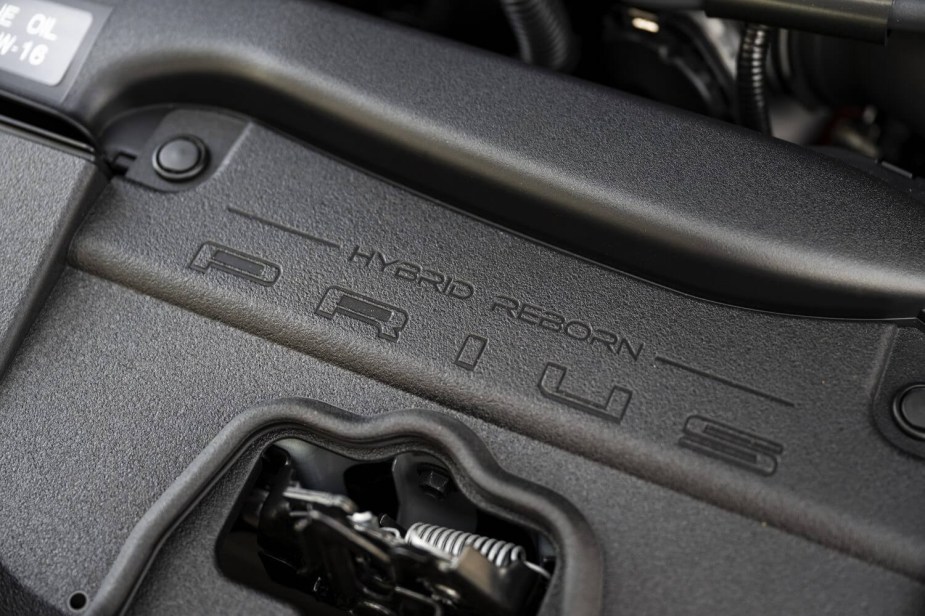
When UsedCars.com listed the most reliable 10-year-old sedans, Toyota managed to land two hybrids on the list. These cars were the Toyota Prius and the Toyota Camry. By 2020, the hybrid Toyota Corolla proved more reliable than the Corolla with a regular drivetrain. In 2022, Toyota and Lexus won the award for most reliable two car brands, thanks to their latest generation of hybrids.
Learn more about Toyota hybrids in the video below:
